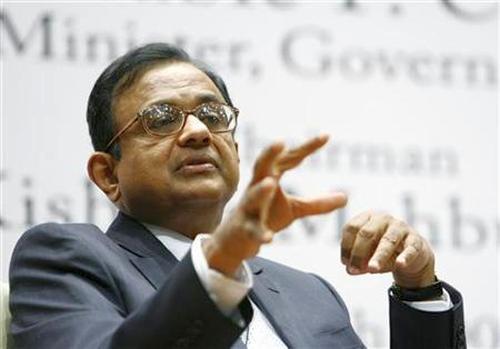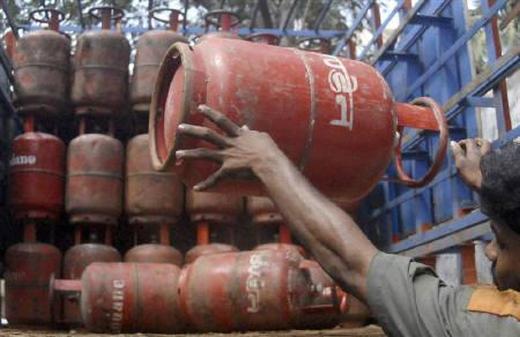Photographs: Vivek Prakash/Reuters T N Ninan in New Delhi
While government should be appreciated for recent reforms, some on the anvil seem ill considered. These include higher tax rates above an income threshold, the re-introduction of the estate duty, and higher import duty on gold.
The latest decisions by the government, and those that seem round the corner, hold out more hope than the initial round of "reform" measures five months ago.
But there is much that remains to be done, and some of what seems to be on the anvil would be retrograde. Still, the government has demonstrated more will to stop the drift towards macroeconomic crisis.
If the Budget next month, the last before the 2014 elections, is "pragmatic" as the finance minister has said and not populist, further credibility would be gained. The more you do, the easier it becomes to take the next steps.
The initial announcements in September-October, on foreign investment in selected sectors and increases in some petroleum product prices, were not macroeconomically significant but important for the sectors concerned and international signalling.
The diesel price hike of Rs 5 per litre was substantial but less than what the runaway subsidy bill demanded; ditto on cooking gas.
The important point, though, was that the government was willing to run the gauntlet of domestic opposition, to the point of becoming a minority government.
Jacking up railway fares sharply has taken courage, as also the sharp hikes in power tariffs in several states.
...
Why some reforms on anvil are not good
Image: Government can further hike cooking gas price.Photographs: Babu/Reuters
Meanwhile, the finance minister has put in place an expenditure cut that has begun to bite, even in strategic sectors like defence hardware acquisition.
What seems on the cards now is a further hike in cooking gas prices, and incremental hikes in diesel prices till the petroleum product subsidy bill comes under control. In essence, the required tightening of belts is being enforced.
Separately, the telecom mess is hopefully on its way to being sorted out, disinvestment has got under way, government-owned banks are being re-capitalised, and the fuel crisis in the power sector is closer to being solved.
New policy packages for fertiliser and IT-manufacture have been unveiled. Decision-making that was strikingly absent till mid-2012 is now abundantly in evidence.
One could justly pillory the government for allowing the economy to slip to the point of crisis before waking up, but it is more productive to look forward.
The question remains: how will the government deal with stubborn fiscal, monetary and external problems? Though Mr Chidambaram insists that this year's fiscal deficit will be contained at 5.3 per cent of GDP, it is hard to see how.
...
Why some reforms on anvil are not good
Image: Government is mulling higher import duty on gold.Photographs: Parth Sanyal/Reuters
The tax measures that he seems to favour - higher tax rates above an income threshold, the re-introduction of the estate duty, and higher import duty on gold - seem ill-considered when the focus should be on using the tax information network to reduce evasion, and on getting the goods and services tax introduced.
The minister must also ask himself why people have switched to buying gold in much larger quantities, even as the growth rate for bank deposits has plummeted. A logical conclusion would be that the interest rates on bank deposits are not attractive (net of inflation, the real rates are close to zero).
But recognising this will force Mr Chidambaram to ease pressure on the Reserve Bank to cut rates, and that runs counter to his long-held stance.
Finally, there is the external sector to worry about as the current account deficit soars to unprecedented levels.
Imports will grow when the economy picks up steam, so the answer must lie in export growth - but that is difficult when the major markets are not growing by much if at all.
The medium-term answer is to improve domestic infrastructure efficiencies as well as the ease of doing business, so that manufacturing becomes more competitive.
But time is not on the finance minister's side. The resultant danger today is of counterproductive quick fixes.





article